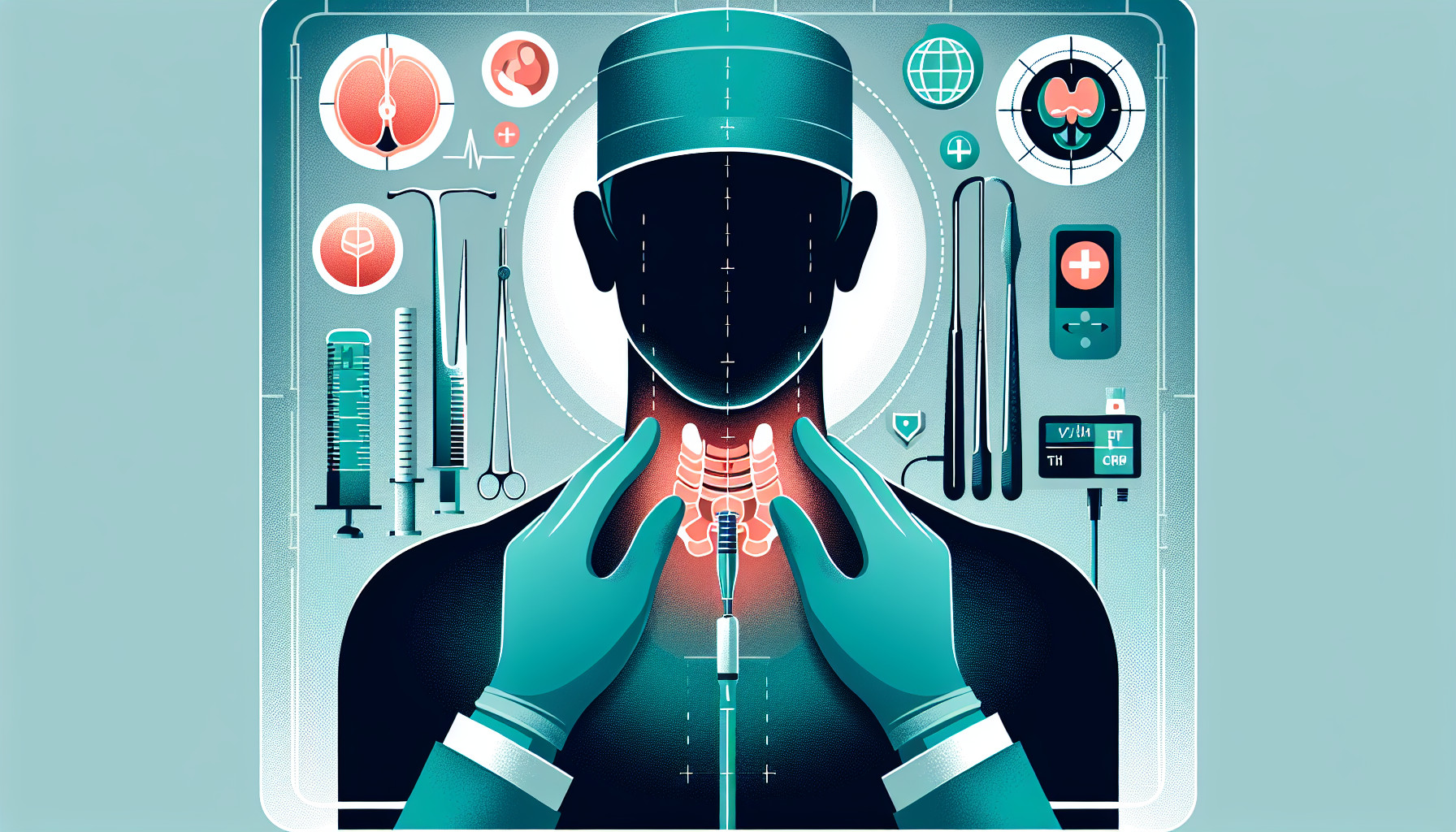Our Summary
This research paper explores the impact of a specific hormone disorder, primary hyperparathyroidism (PHPT), on brain functions related to memory, attention, and concentration. The study also looks at how these functions may change after surgery to address the disorder.
Current guidelines in America and Europe for managing PHPT patients do not include a detailed check of these brain functions before deciding on surgery. However, the study found that patients with PHPT had significant problems with various brain functions, including long-term memory, visual memory, attention and complex concentration skills.
These patients were then treated with a surgery called parathyroidectomy, and their brain functions were checked again one and six months after the operation. The results showed that the surgery significantly improved these brain functions in the patients.
The study didn’t find any changes in the abilities related to the frontal lobe of the brain. Also, patients didn’t show any significant signs of depression before or after the surgery.
In simple terms, the study suggests that checking for issues with brain functions may be a useful step when deciding on surgery for PHPT patients.
FAQs
- What is the impact of primary hyperparathyroidism (PHPT) on brain functions?
- How does parathyroidectomy surgery affect patients’ brain functions related to memory, attention, and concentration?
- Should checking for issues with brain functions be part of the decision-making process for surgery in PHPT patients?
Doctor’s Tip
A helpful tip a doctor might tell a patient about parathyroidectomy is to discuss the potential impact of the surgery on brain functions, such as memory, attention, and concentration. It may be beneficial to undergo pre-operative testing to assess these functions and monitor them post-surgery to track any improvements. This can help ensure that the surgery is addressing not only the physical symptoms of the hormone disorder but also any cognitive issues that may be present.
Suitable For
Patients with primary hyperparathyroidism (PHPT) who are experiencing symptoms such as memory problems, attention issues, and concentration difficulties may be recommended for parathyroidectomy. This surgery is typically recommended for patients who have not responded well to other treatments or who have severe symptoms that are impacting their quality of life.
It is important for healthcare providers to consider the impact of PHPT on cognitive function when determining the best course of treatment for patients. By addressing the hormone imbalance through surgery, patients may see improvements in their brain functions and overall quality of life.
Timeline
Before parathyroidectomy:
- Patients with primary hyperparathyroidism experience symptoms such as fatigue, weakness, bone pain, kidney stones, and cognitive issues.
- Cognitive issues include problems with memory, attention, and concentration.
- Patients undergo diagnostic tests to confirm the diagnosis of primary hyperparathyroidism.
After parathyroidectomy:
- Patients undergo parathyroidectomy surgery to remove the affected parathyroid gland.
- Brain functions related to memory, attention, and concentration are assessed before and after the surgery.
- The study found that patients with primary hyperparathyroidism experienced significant improvement in memory, attention, and concentration after parathyroidectomy.
- There were no significant changes in frontal lobe function or signs of depression before or after the surgery.
- The study suggests that assessing brain functions may be beneficial in determining the need for surgery in primary hyperparathyroidism patients.
What to Ask Your Doctor
Some questions a patient should ask their doctor about parathyroidectomy include:
How will the surgery for primary hyperparathyroidism (PHPT) affect my brain functions, such as memory, attention, and concentration?
Are there any specific tests or evaluations that should be done to assess my brain functions before deciding on surgery?
What are the potential risks and benefits of parathyroidectomy for improving my brain functions?
How soon after the surgery can I expect to see improvements in my brain functions?
Will I need any additional follow-up care or monitoring for my brain functions after the surgery?
Are there any factors that could impact the success of the surgery in improving my brain functions, such as the duration of my PHPT symptoms or any other underlying health conditions?
How does the impact of parathyroidectomy on brain functions compare to other treatment options for PHPT?
Are there any lifestyle changes or medications that may help support my brain functions before or after the surgery?
What are the long-term implications for my brain functions after undergoing parathyroidectomy for PHPT?
Are there any resources or support services available to help me cope with any changes in my brain functions following the surgery?
Reference
Authors: Szalat A, Tamir N, Mazeh H, Newman JP. Journal: Front Endocrinol (Lausanne). 2022 Dec 22;13:1095189. doi: 10.3389/fendo.2022.1095189. eCollection 2022. PMID: 36619573
